T4K3.news
Festival Gardens redevelopment moves forward
Liverpool eyes housing and public space at a longtime waterfront site following years of stalled plans.
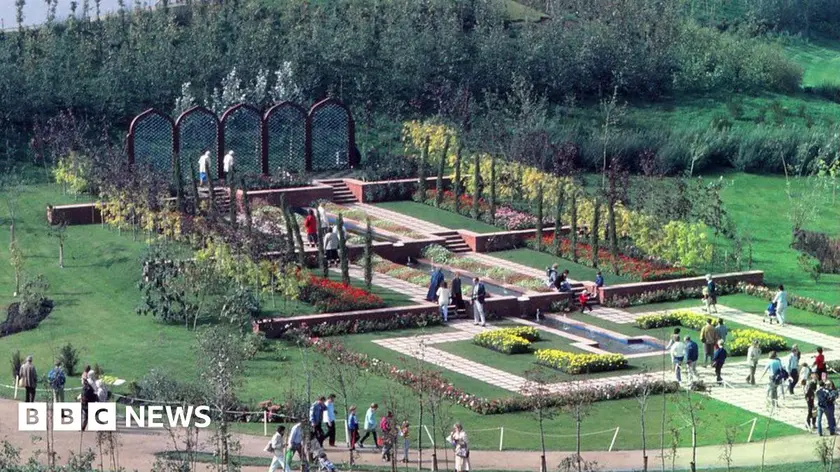
A derelict dockland transformed in 1984 could get a new lease on life through a housing and public space plan.
The changing fortunes of Liverpool's Festival Gardens
Just over 40 years after its 1984 opening as The International Garden Festival, Festival Gardens on Liverpool’s waterfront faded from prominence. The 90 acre site, once a symbol of regeneration after the Toxteth Riots, fell into disrepair. Liverpool City Council bought the land and spent about 53 million pounds to clean and clear it. Officials now say a new plan could turn the space into housing plus a redesigned public space, building on lessons from past efforts.
Several schemes to revive the site were abandoned or scaled back over the years. The current proposal aims to fill a gap in housing supply while restoring riverfront access and green space. Yet the timing, funding, and governance of any development will shape how the public perceives the project. Residents, small businesses, and heritage groups will watch closely to see if history repeats itself or a broader community plan succeeds.
Key Takeaways
"Public space must outlive a single plan and a single budget"
A call for enduring value beyond one redevelopment project
"Heritage should anchor growth not be traded for parcels"
A stance on preserving past while expanding property
"The riverfront can be a memory and a living space at once"
Vision linking history with current life
"If the plan stalls again trust in the process will fade"
Warning about public reaction and trust
The project tests how cities balance memory with growth. Preserving a waterfront that once symbolized public aspiration while selling land to meet housing targets asks tough questions about accountability and value for money. If delivered well, the gardens and homes could anchor a new era of inclusive regeneration. If not, the project risks becoming another chapter in a long history of stalled promises. The plan also highlights the role of public funding in equitable urban outcomes and how communities can influence long term decisions when budgets are tight.
Highlights
- Public space must outlive a single plan and a single budget
- Heritage should anchor growth not be traded for parcels
- The riverfront can be a memory and a living space at once
- If the plan stalls again trust in the process will fade
Budget and political risk around Festival Gardens redevelopment
The plan ties public investment and housing outcomes to political decisions at city level. Budget pressure and potential public backlash could delay or alter the project, affecting timelines and scope.
The waterfront will reveal whether memory or money leads the way next
Enjoyed this? Let your friends know!
Related News
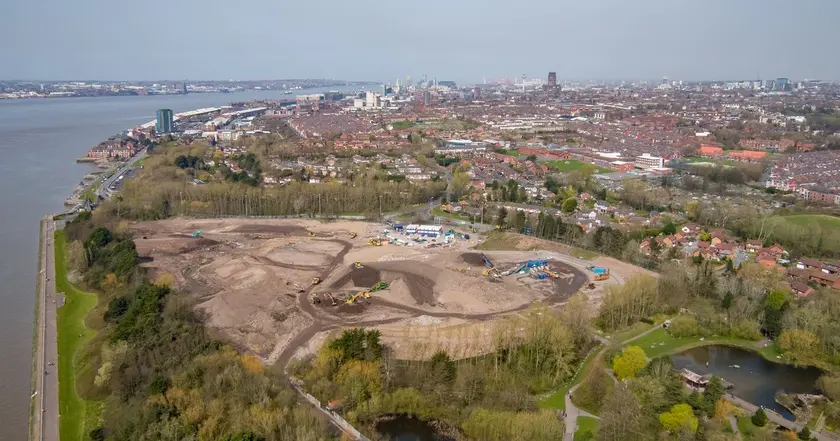
Festival Gardens moves forward with new partners
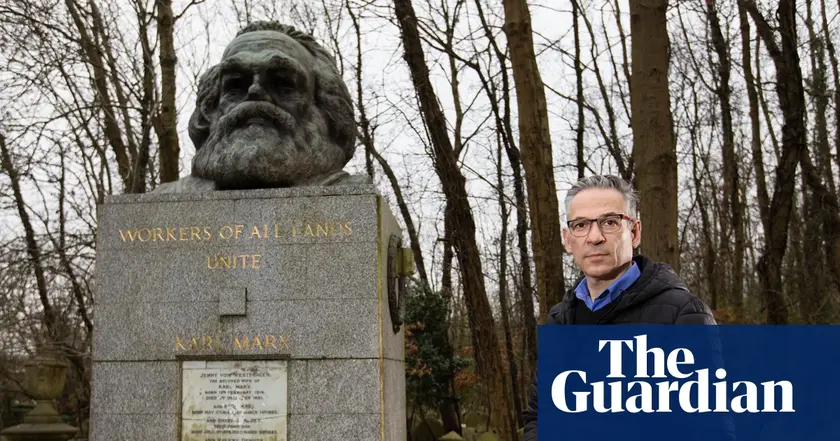
Highgate cemetery drops garden block from plan

Lollapalooza 2025 showcases exciting performances
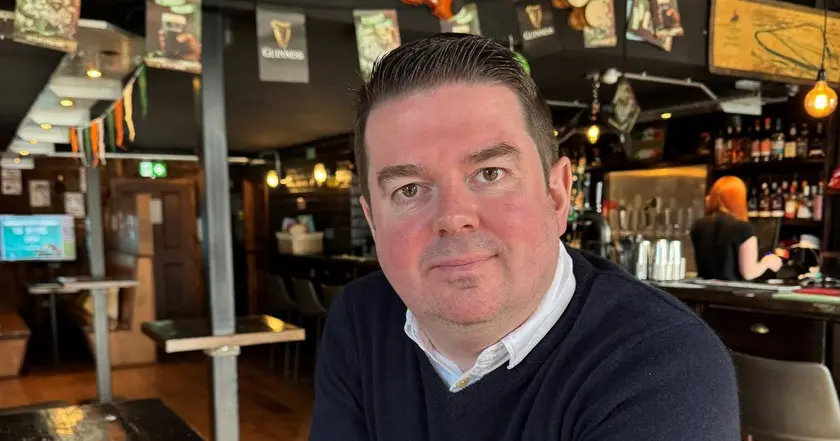
Wolstenholme Square Eyes New Identity After Redevelopment
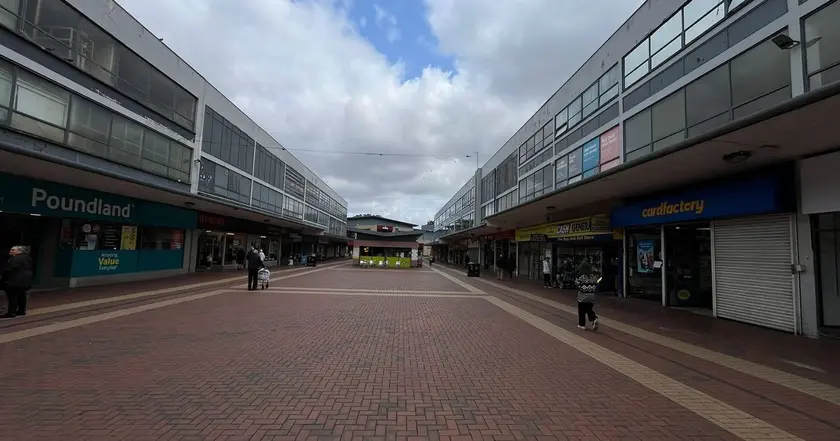
Wythenshawe regeneration plan advances
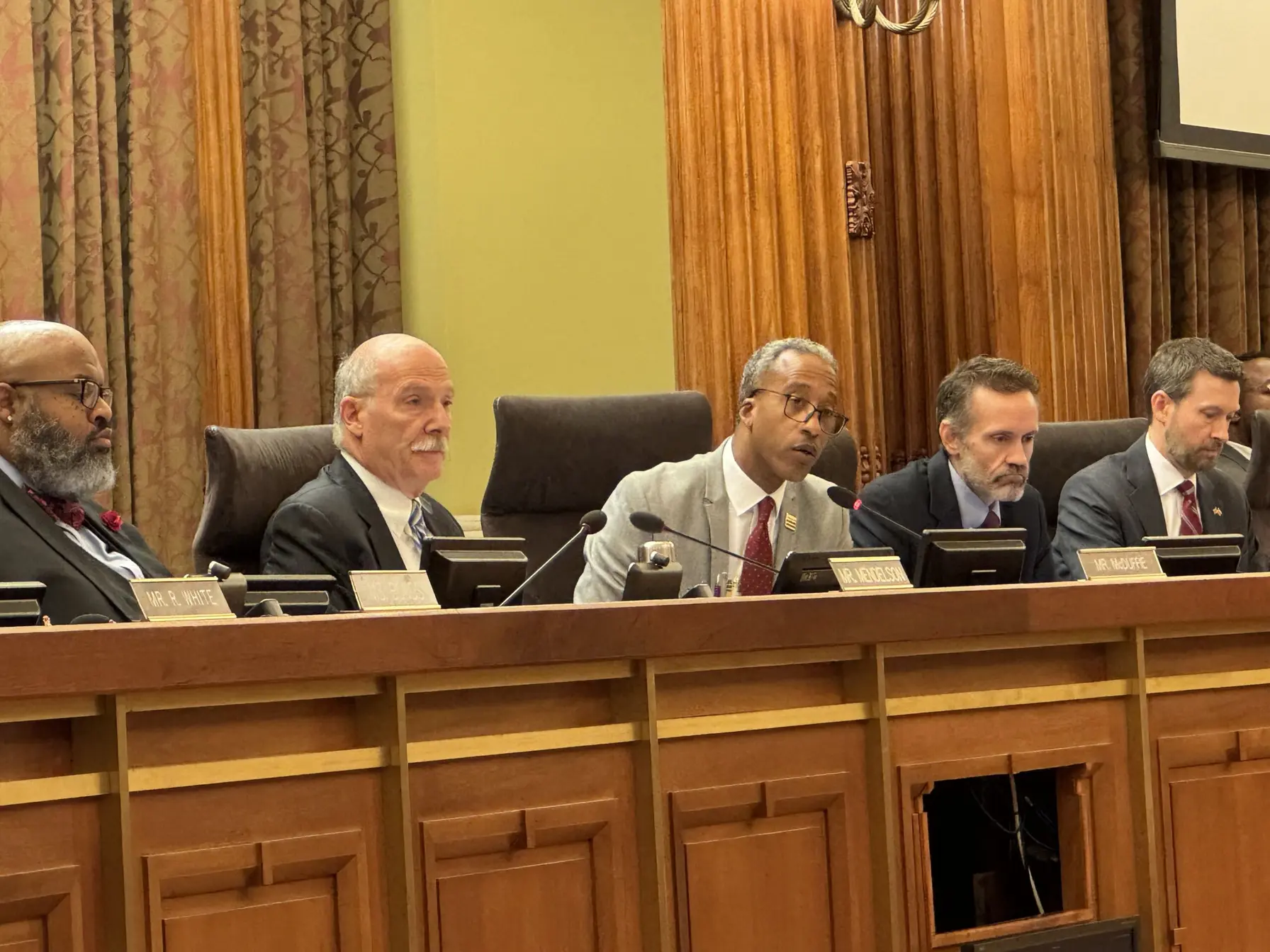
D.C. Council votes to advance RFK redevelopment project
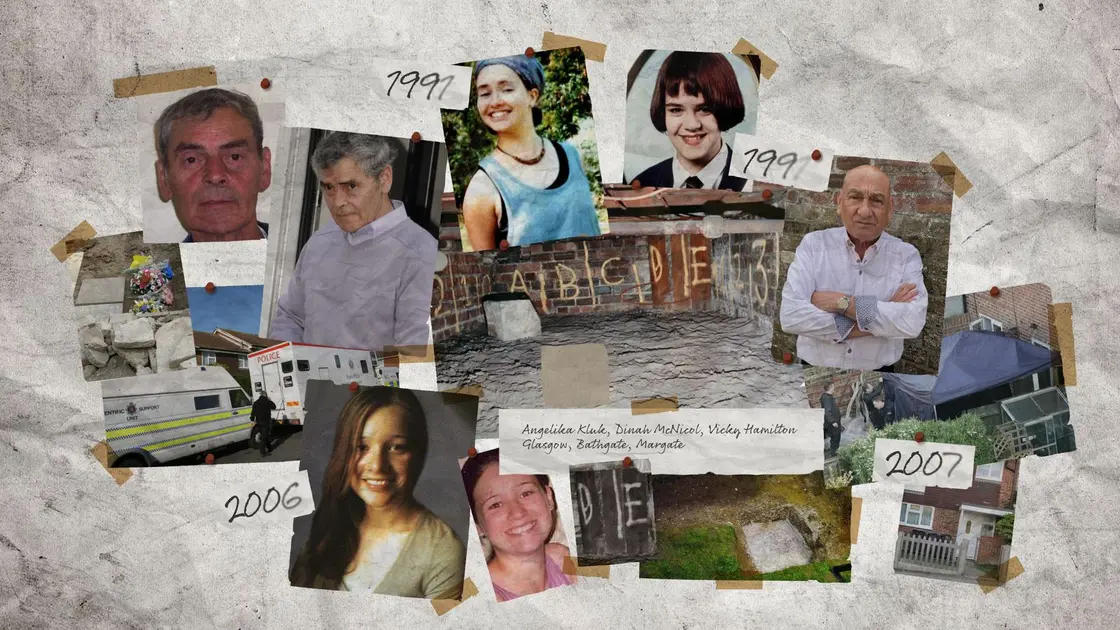
Former detective warns of more victims linked to Peter Tobin
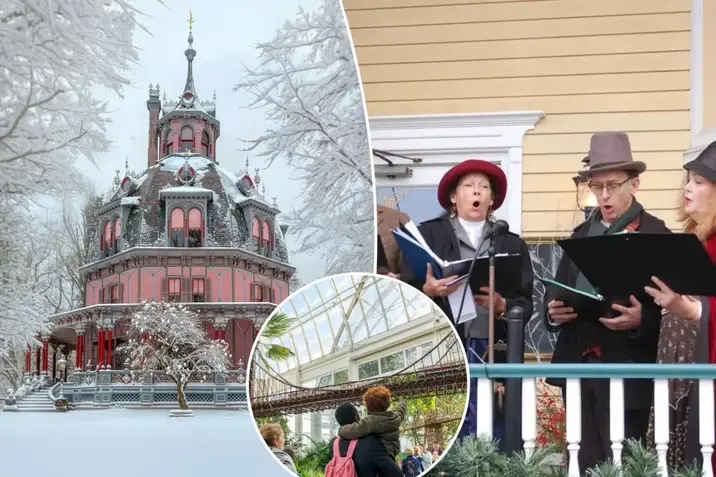
Unique holiday celebrations to enjoy in the tri-state area
